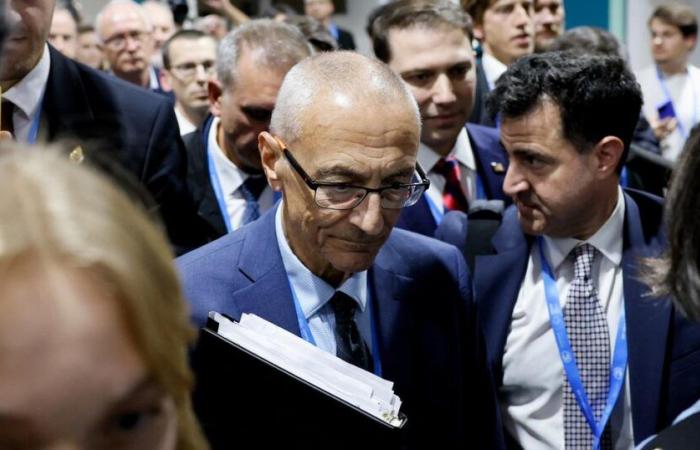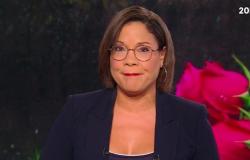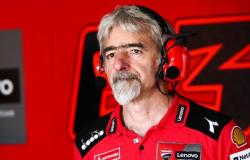Small island states and least developed countries have slammed the door of a meeting to protest against the draft financial agreement in preparation. In plenary, the president of COP29 called on countries “to overcome” their “divisions”.
Maximum dramatization at COP29 in Baku. Saturday afternoon, while international climate negotiations have been going on since Friday evening, small island states and least developed countries – groups representing more than 80 countries – slammed the door on a meeting where they were presented the final declaration text, in the presence of the president of COP29. “This text has nothing for us,” said Evans Davie Njewa, negotiator for Malawi, leaving the room. We are leaving the meeting until our views are taken into account, otherwise there will be no decision here.” He clarified that the group was not definitively leaving the negotiations.
“We came here for a fair deal and we feel like we haven’t been heard”for his part declared Cedric Schuster on behalf of the group of island states (Aosis), before entering a room facing that of the initial meeting. A few minutes later, the US special envoy for climate, John Podesta, also left in another direction, without saying a word.
”
data-script=”https://static.lefigaro.fr/widget-video/short-ttl/video/index.js”
>
“Are we going to succeed? It’s uncertain”
The tension, already undeniable in recent days, rose a notch on Saturday afternoon in the corridors of the Baku Olympic stadium where delegations must find an agreement on a “new quantified collective objective” (or “NCQG”). It aims to replace the 100 billion annual dollars promised between 2020 and 2025 by rich countries to developing countries in order to support them in the decarbonization of their economy and their adaptation to global warming.
A report by experts commissioned by the UN estimates the needs of developing countries (except China) at around 2,400 billion dollars per year by 2030, including two thirds for the energy transition and a third for adaptation and repairing the damage already inflicted on populations by climate disasters. If the majority of this amount falls to the countries concerned, at least 1000 billion per year will be expected from the “external finance”. At the start of the week, the G20 meeting in Rio, Brazil, recognized in its final declaration “the need to support climate finance “from billions to trillions”.
Also read
Climate: why many French people are ignoring COP29
But how far will ambition really go in Baku? “We are doing everything we can to build bridges on all axes and make it all a success. But are we going to succeed? It’s uncertain” judged the European commissioner responsible for climate negotiations, Wopke Hoekstra, a little earlier on Saturday. Already the day before, the Aosis alliance had rejected a draft agreement providing for aid of 250 billion dollars annually by 2035, considering that it was proof of “contempt”. Since then, delegations have tried to find common ground. The new version presented to them on Saturday increases this amount of global financing to 300 billion dollars per year by 2035, according to several sources.
“A result that is at least acceptable to all”
“Insufficient” for the most vulnerable countries, who also believe that this new version “dilutes the historical responsibility of developed countries in global warming”. These 300 billion would include all sources – public, private, multilateral development banks -, which developing countries reject. They are in fact demanding financing mainly in the form of donations and not loans, which increase their debt.
None of us wants to leave Baku without having obtained a good result (…) I therefore ask you to intensify your mutual involvement in order to overcome the divisions that still separate us
COP29 President Mukhtar Babaev
According to Mohamed Adow, from the Power Shift Africa think tank, who also participated in the meeting, the European Union and Japan would be the only ones among the developed countries to consider themselves publicly satisfied with the text. For him anyway, “better no agreement than a bad agreement”a slogan taken up from the start by civil society.
During a plenary convened at 8 p.m. (5 p.m. in France), COP29 President Mukhtar Babaev noted that disagreements remained which did not allow a conclusion: “None of us wants to leave Baku without having obtained a good result (…) I therefore ask you to intensify your mutual involvement in order to overcome the divisions that still separate us”. “We really have to work together to achieve a result that is at least acceptable to everyone”in turn urged Brazil's Minister of the Environment, Marina Silva, whose country will host COP30 next year in Belém. It could be a long night for the negotiators.






